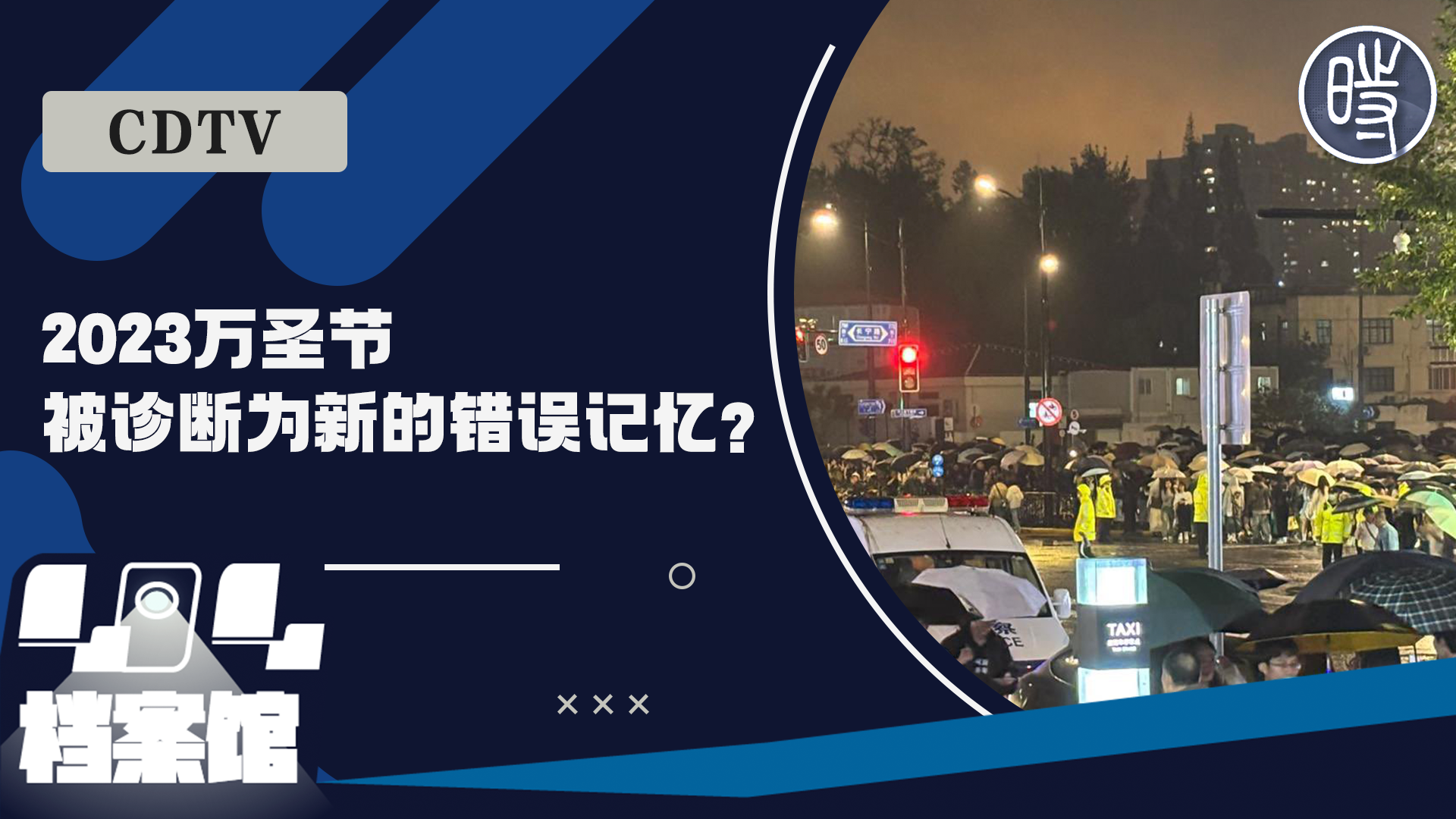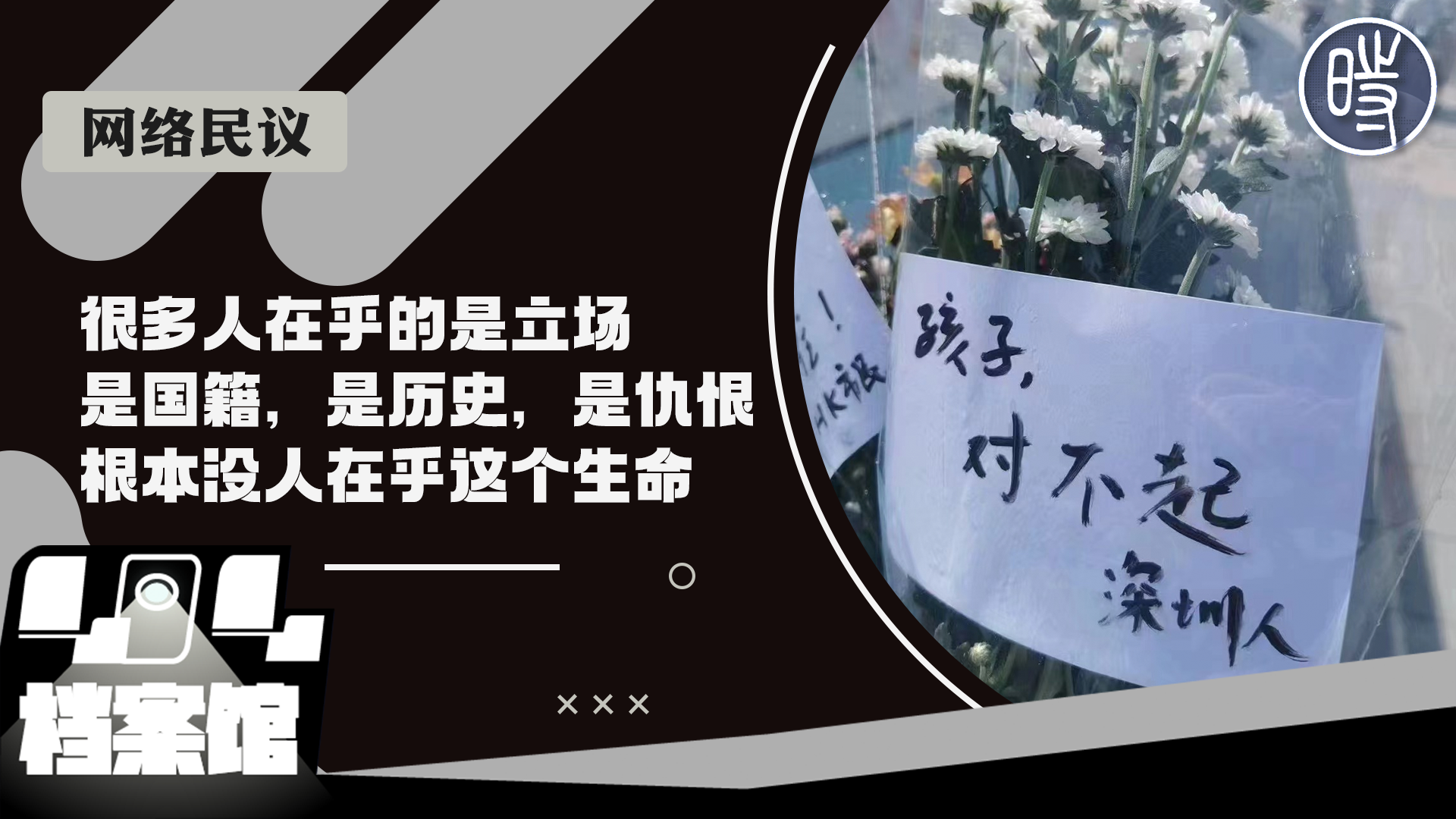Oct 10th 2012, 10:54 by J.M. | BEIJING
史上最长的十一假期已经结束了。随之而来的批评和抱怨才刚刚开始。官方媒体充斥着有关十一黄金周的报道,导致很多人选择节日出行,给交通和景区带来了极大的压力。而堵车以及漫天要价带来的困扰,大大抵消了节日旅行的乐趣。
CHINA’S longest-ever officially arranged holiday is now over. The grumbling is just getting started. The official media are awash with articles complaining that the only extended vacations that most people enjoy are “golden week” public holidays. The result is huge pressure on transport and tourist facilities during those designated periods. For many, annoyance over congestion and price-gouging undermines, if not outweighs, the benefits of getting paid time-off.
The unprecedented length of this year’s early-October holiday (eight consecutive work-free days instead of the usual seven) if anything exacerbated the problem. It was caused by the compression of two holidays into one: the mid-autumn festival, which falls on a variable date in September according to the lunar calendar, and the National Day holiday, which begins on October 1st. Another unprecedented factor was also at play this time: a decision to abolish motorway tolls for cars during the holiday period. Chinese motorways being among the world’s most expensive to use, this was a big gift to drivers.
Chinese media played up the impact of this confluence of tourism-inducing circumstances, which in northern China coincided with a rare time of year when the weather is often both sunny as well as pleasantly cool. Reports spoke of exponential increases in road use compared with normal days. The Ministry of Transport said on its website (here, in Chinese) that there were 38.2% more vehicle journeys on toll roads during this year’s golden week than there were in the same period last year. Highways were clogged with traffic jams. Many reports (such as this one by China’s state-television network, CNTV) said the waiving of tolls played a part.
But how much was it to blame? Little hard evidence is yet available. Motorway traffic soared during the holiday, but it had in previous years too. Expressway jams are common at the beginning and end of “golden weeks” (as suggested by this report last year by Xinhua, a government news agency). And usage of other forms of transport rose this year too. The railway system handled 13.4% more passengers than it did during last year’s October break (see the ministry of railways’ website, in Chinese). Trips by ferry on the Yangzi River increased 26.2% (according to the ministry of transport’s website, in Chinese). The number of air passengers rose by 27% (ministry of transport, in Chinese), in spite of widespread complaints about high ticket-prices during the holiday.
The government certainly did not help by waiving the toll while keeping in place the requirement that a driver pick up an electronic card at his first toll station on entering a motorway, in order to hand it over at the next. In a bid to ease jams the authorities eventually decided to waive this obligation too, beginning on the fifth day of the holiday (see this report by Xinhua). Sure enough, traffic at the end of the holiday was far less congested than it was at the beginning. In Beijing, a city used to jams, this came as “a surprise to many”, said the Global Times, a newspaper based there.
Some doubts about the toll waiver’s impact have been aired in the Chinese press. Fu Weigang of the Shanghai Institute of Finance and Law wrote in the Oriental Morning Post, a local newspaper (here, in Chinese), that the number of cars in use had risen by 7.5% in the first six months of this year. This growth, he said, had to account for at least part of the road-use surge during the holiday. And as a transport-industry association in Guangdong province pointed out (in a local Chinese newspaper, the Yangcheng Evening News), expressway tolls are a relatively small consideration for road users during the holiday, compared with prices of hotels and tourist attractions. Your correspondent met a Beijing couple a few days before the holiday at an expressway service station hundreds of kilometres west of the capital. They had driven there to see the sights of the Gobi desert in the belief that, despite the tolls, it would be cheaper to travel before the holiday, when hotel and other prices would shoot up.
It is hard to reconcile road-use statistics from the October holiday with another set of figures that have received much attention in the Chinese press. Xinhua reported that the number of deaths in traffic accidents during the golden week was 794. This was an astonishing 46.4% lower than in the same period last year.
There might, however, be a plausible explanation for this (other than the highly implausible one that Chinese drivers are on much better form). This study published last year by the World Health Organisation says that figures for road deaths in China as supplied by the police (Xinhua’s source for the golden-week casualties) are considerably lower than data compiled by the ministry of health. Between 2002 and 2007, it says, the ministry’s figures were nearly twice as high as those given by the police. The report says the inconsistency strongly suggests that a decline in road-traffic mortality reported by the police in recent years “may not be genuine”. Road users in China would readily agree with that.
== ALL RIGHTS RESERVED FOR THE ECONOMIST NEWSPAPER LIMITED ==
© lamb for 新闻理想档案馆, 2012/10/13. | Permalink |旁观者说
Post tags: 经济学人
New:!我们建立了OMM人人公共主页!欢迎关注! | OMM通讯社@新浪微博 | OhMyMedia@Twitter | OMM通讯社@腾讯微博 | OMM通讯社@网易微博
加入我们,OMM通讯社志愿者招募!
本文由自动聚合程序取自网络,内容和观点不代表数字时代立场












